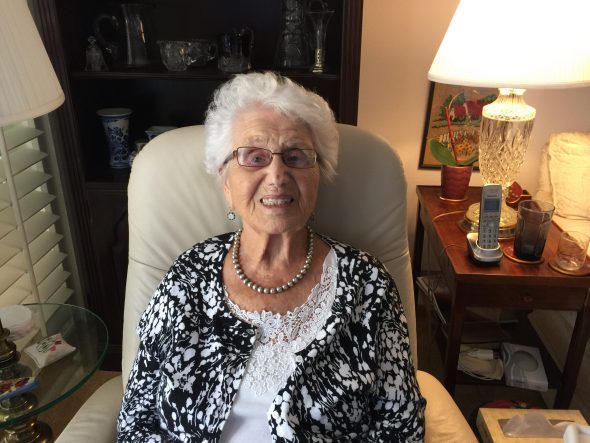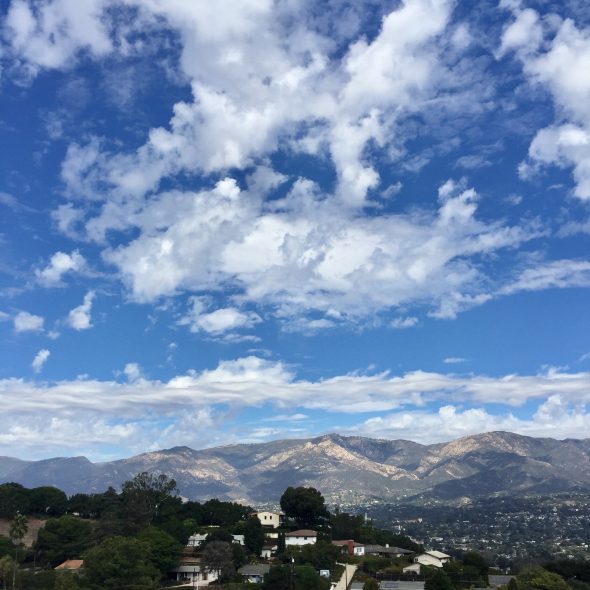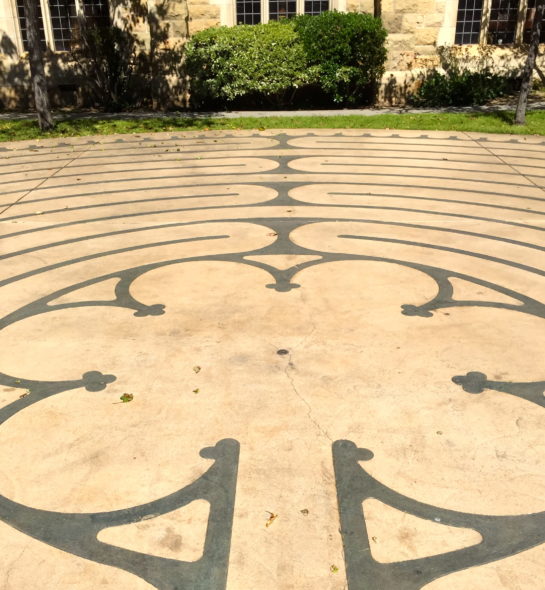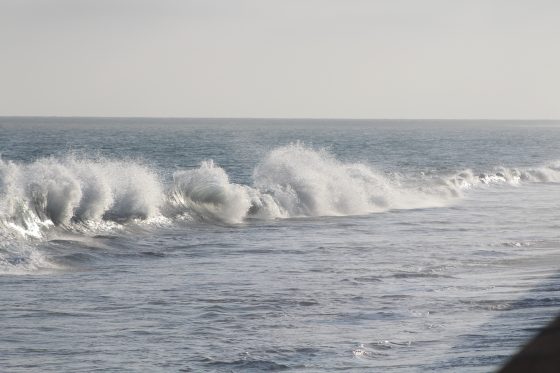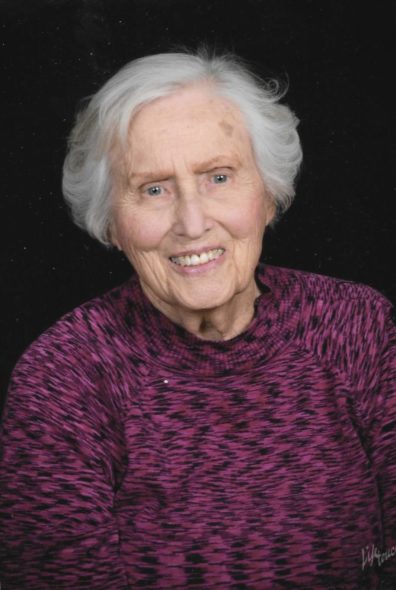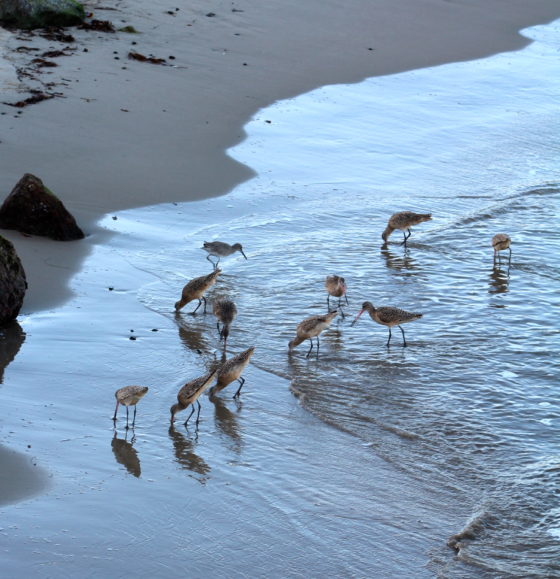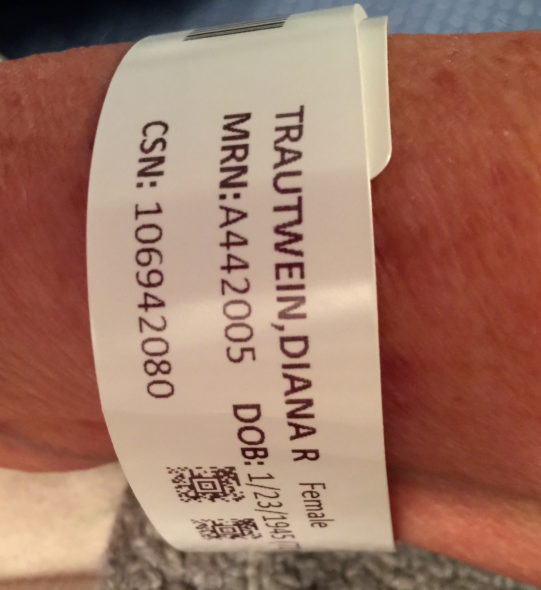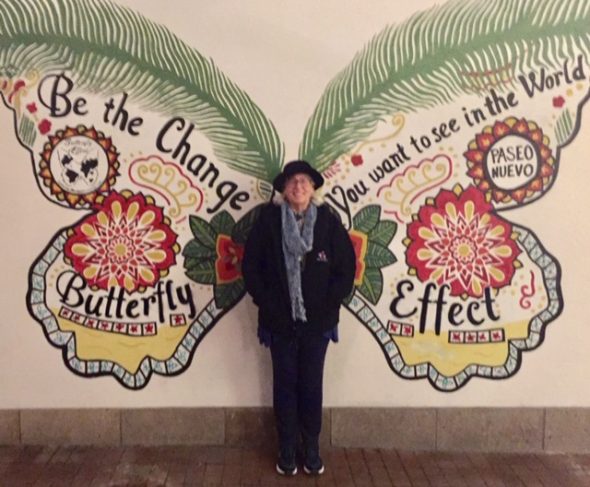
Nearly fifty years ago, I was a stay-at-home housewife with three children under the age of five, wildly in love with my kids but often overwhelmed by fatigue and feelings of failure.
Forty years ago, I had three teenagers, served as an active volunteer in church and community, loved entertaining large groups of people in our home and was oblivious to the truth that this good, rich time of my life was rushing by me.
Just under thirty years ago, I walked across the stage to pick up my master of divinity degree from Fuller Seminary after four years of study, all that studying done while managing a small floral business in my home, watching each of my children move into committed relationships and becoming a first-time grandparent.
Fourteen years ago, I was nearing the midway point of my pastoral life here in Santa Barbara, discovering the harsh reality of death in our family circle for the first time, trying to balance (what is that, anyhow?) home and church, family and congregation.
Today, right now, I am retired from parish work; I offer spiritual direction from my home; I write very occasionally on my blog, and a few other places on the internet and in print; I have children older than most of the people I meet with or write with; I am married to a man I love deeply, a man who stays home most of the day because he, too, is retired; I am now without parents, a truly motherless child; and I am Nana to eight grands, two of whom are on their own, working, and in committed relationships, two of whom are college students, none of whom are babies, in any sense of the word. And one is getting married in the spring. Good grief.
And at this moment, on a chilly California afternoon, I am reading this list and wondering . . . who do I want to be going forward?
If I am blessed by continuing good health and even the moderate level of agility which I currently enjoy, I may live another ten or twenty, maybe even twenty-five years at the most.
What will these years look like when I stand there, in the future, and look back at now?
What do I hope for, dream about, pray for, purpose in my heart to do — or maybe more importantly — to be during how ever many years remain?
Here, in no particular order of importance, are the things that rise to the top as I ponder that question.
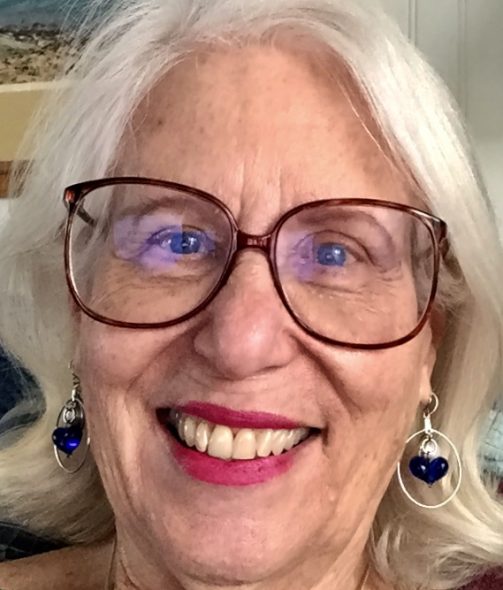
I want to laugh, a lot, even if it gets raucous and unseemly.
I want to cry easily and regularly, most especially when I’m with someone who is suffering, when I see someone dear to me, when I remember love.
I want to pray more with my body — with my hands and my feet, with my heart and my soul — and a whole lot less with my head and my mouth and my words.
I want to sing — even though this old alto quavers and cuts out from time to time — I want to sing, sing, sing, in harmony, out loud, and often.
I want to move — to sway with freedom, to dance with my grandgirls, to walk on the beach, to stand up and cheer for the next wave of women and men whom God will raise up to lead and to love.
I want to love my husband well as we move together into whatever comes next. We’ve been through some scary crises, the two of us, we’ve watched people we love suffer terribly and we’ve had a few major health issues ourselves. But now, right now, and for the foreseeable future, we’re good. Often tired, getting older by the minute, but good. I want to enjoy the good for as long as we’ve got it.
I want to encourage my children and my grandchildren to be and become women and men of faith and fortitude, of love and loyalty, of commitment and concern — for themselves, one another and others. I want to do this without words as often as is humanly possible.
I want to slowly and carefully divest myself of much of the ‘stuff’ I’ve accumulated over these years — not all of it, I love my stuff a lot. But I want to be more concerned about the inside than the outside, more generous than acquisitive, more open and less protected and protective.
I want to keep on learning — about myself, and how I’m wired, about this world, all its gifts and its flaws, about people and how they work, about life and how rich it is, about God and the mysteries of our faith.
I want to send roots deep into the beauty of life, to stand in slack-jawed joy at the wonder of it all.
I want to be brave and kind and encouraging.
I want to admit my flaws, own up to the messiness, look in the mirror without hesitation, and tell the ugly voices within to shut the hell up — because that’s exactly where they come from.
I want to raise my hands to heaven with gratitude at least a hundred times as often as I raise my fists in frustration.
I want to lean into the future with anticipation, come what may. I want to own my wrinkles and my cellulite, to celebrate the long life that has thinned my hair and thickened my waistline, to embrace the inevitable losses because of the inestimable gains.
I want to stand there when I’m 80 or 85 or 90 (really???) and look back at 74 and say: That was a great decade, wasn’t it?
I want to live until I leave. Every minute, every heartbeat, every breath — a gift.
This post originally appeared at the lovely site of A Deeper Story/Family 5 years ago. It seemed time to take it out, change the numbers around a bit and re-commit to what I said then. Because I still believe it, I still want to live this life as fully as I can for as long as I can. How’s about you??
